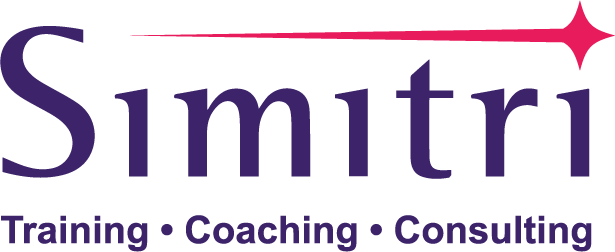Mentoring and coaching individual team members is essential to driving performance. However it can also be demotivating if not delivered in the right way. Here are some pointers to ensure constructive criticism is delivered in a way that motivates team members to improve.
Pick the right moment If you need to give fairly harsh criticism, avoid a long preamble and get to the point. When something has to be said, do not put it off indefinitely, hoping the problem will go away. Also, choose the moment carefully. Do not deliver personal criticism in a public forum.
Be timely and accurate It is a mistake to let a number of issues accumulate, waiting for a chance to deal with them together. You should avoid exaggerations and talk about only what you have observed. During a coaching session, try not to use absolute terms such as "always" and "never" and think carefully about how you want to express yourself. The aim should be to initiate a discussion, not provoke a confrontation.
Focus on what can be changed It makes no sense to focus on characteristics that cannot be easily changed or areas that are generally sensitive. Therefore, take special care when making personal remarks and recognise that any real or implied criticism of a person's integrity, honesty or moral courage is potentially dangerous territory.
Avoid comparisons It might be easy to illustrate a point by making a comparison but remember that no one likes to be thought of as inferior. Comparisons often make people stop focusing on the main point the speaker wants to make and can easily miss the mark.
Do not discuss motives Passing judgment on motives can be taken as censure on the person. Not to mention, it is too easy to draw the wrong conclusion. Remember that people are often not fully aware of why they do or avoid certain things.
Avoid amateur psychology. After criticising, do not apologise if you criticise someone and then apologise, it only creates doubt and possible misunderstanding of motives. As the coach or manager, you should decide what has to be said and, if appropriate, thank the other person for listening. You may think that apologising for your comments somehow softens the blow but it actually causes confusion. Each session should concentrate on getting feedback. Ensure that problems are explained and propose a plan for subsequent action. The key to successful coaching is to focus on individuals and their specific behaviour.
Structure reactions One model to use when giving feedback about ways to improve performance is the so-called AID approach. First, the action that needs attention should be identified. Then explain its impact or potential impact. Finally, specify the desired action that you' hope to see. By structuring feedback in this way, you make it easy to link cause and effect and point out the implications of certain behaviour.
Listen to learn The coaching process requires you to be alert to both verbal and non-verbal signs. When listening; pay close attention to the choice of words and tone of voice used when describing interests, issues and opinions. Listen also for the reasons used to support particular points of view and assess if they are factual or an expression of personal feelings. Observe any hesitance or non-verbal clues. Remember that you can often learn as much from what is not said as from what is stated. Look for changes in emotion and register where the ups and downs occur. Without needing to probe too directly, you will be able to pick up a lot of useful information that can then be used when deciding what changes to recommend.
Ask vital questions Every mentor must have an inquisitive streak and want to find out more about the reasons that affect performance. Therefore, be ready to keep asking questions, mix them up so that the session does not seem like an interrogation and, most importantly, give the other person time to answer.
Set objectives The best coaching sessions end with agreement on an action plan. This does not have to be too formal but, when setting objectives, it helps to use the SMART approach. Following this acronym, the plan should be specific by clearly defining what must be accomplished, should be measurable against agreed standards, achievable, result oriented and have a time frame to keep things on track.
The ideal teacher Coaching skills and techniques can be learnt. However, to be a great coach requires more than just going through the motions. A great coach helps others achieve their potential. Do you have what it takes to be a good coach? Here's a check list: a good listener, good communicator, sincere, honest, accessible, role model, sensitive, articulate, succinct, fair, even tempered, smart, takes pride in other's achievement, willing to give a person a chance, passes on credit to where it is due, motivator and enthusiastic.
